There have always been challenges and opportunities. Some might say that challenges could be over and an opportunity could be lost, really?
There are several key subjects in mechanical engineering, majority attempt to bridge the gap between theory and practice and simultaneously present a simplified solution such as engineering maths, machine design, theory of machines and power plants etc. there are two core subjects which are more challenging in terms of the nature of problems we are asked to solve – such as thermodynamics and thermofluids which in turn are multidisciplinary subjects and do incorporate elements of functional analysis, linear and nonlinear relationships, physics, energy and flow.
Mechanical engineering itself is an interdisciplinary subject which is underpinned by mathematics and physics. To simplify physical analyses, like the recent landfall in Dorset, although it is a geological event, lets for the time being ignore this element. Two categories, in physics have been defined in terms of whether a body is in motion or at rest, are referred to as dynamics and statics. There is a major mechanism which is called erosion, just before the landfall, the state is static, during the landfall the state is dynamic. Let’s consider, if a body is in motion and there is an element of power, not the power we associate with the words like, politics or megalomaniac, but say heat energy, for example recent Icelandic volcanic eruption, although generally speaking this would fall under volcanology, let’s assume we are not discussing this, there is an element of heat energy in motion which is called thermodynamics.
If we have understood what thermodynamics is, then let’s move to statics. Anything in stationary state, not moving, will come under statics. A coffee table in our lounge, a parked car, a bookshelf etc. in turn the analysis is relatively easy and simple. Are these stationary? is the motion zero? think again.
We talk about destination(s). What is ‘the destination’?
Locally (lounge, car park, library /study) the motion is zero, and we have a zero value. Globally the motion is not zero as the earth is spinning and orbiting. Therefore, universal motion cannot be zero. In turn there is no absolute zero.
Fridge and freezer in our kitchens run on a thermodynamic cycle, there are four distinct processes in a thermodynamic cycle: compression in the compressor, evaporation in the evaporator, condensation in the condenser and expansion in the throttle (expansion) valve. We keep our food and drinks cold in the fridge or food frozen in the freezer. Although in terms of the objective, a lower and controlled temperature is desired, is it destination? thermodynamic cycle is composed of processes and there is no final stage, unless the fridge or freezer stop working. Initial point of a process is connected to the final point of preceding process, and final point of a process is connected to the initial point of proceeding process – all processes are interconnected, it is a ‘cycle’ where is the destination? in turn a destination would mean no motion, static, this is not desired.
What happens after the destination?
We have sources of energy, finite (fossil fuel) to infinite (sun). The energy which is responsible for making chemical reactions happen is called Gibbs Free Energy (GFE). When GFE runs out chemical reactions will cease to occur. For example, by pouring hot water, providing energy, on washing soda, a reaction will happen, a good old recipe to unclog drains. The reaction will stop when that energy runs out.
All sources of energy lead to thermodynamics behaviour which is called Entropy. Let’s take a carboard box, put a few green tennis balls on one side, and a few red tennis balls on the other side, this is a state of order. Now shake the box, green and red balls will mix – this is a state of disorder, if heat energy was involved in this process, then this was Entropy. For example, climate change, rising sea levels, volcanic eruptions and landfalls are all examples of Entropy.
We know that there is no absolute zero, therefore the Entropy has to increase or at its best remain constant, but only locally, for example the landfall in Dorset may not be happening now, it does not mean that erosion elsewhere is not taking place, rising sea level is not the same everywhere. Entropy must increase or could remain constant – disorder must increase or could remain constant.
Let’s go back to March 2020. I was getting out of our staff kitchen on my office floor with a cup of coffee, a work colleague was coming from the opposite side. My colleague told me that, they are planning to go to superstore for shopping to stockpile provisions and utilities. To justify this, my colleague added, we would go to lockdown soon following France.
Lockdown? is it static or dynamic? is it increasing or keeping the Entropy constant?
Stockpile? is it static or dynamic? is it increasing or keeping the Entropy constant?
Soon the Government issued a statement that “people ‘must’ stay at home and certain businesses must close”. A state of zero Entropy?
Wait a minute, do you recall if anyone mentioned anything about flatulence, diarrhoea or indigestion etc, remember stockpiling toilet rolls?
There are economic and psychological aspects to this, “In Auckland, New Zealand, supermarket spending shot up by 40% comparing to the same day the previous year”.
“It is rational to prepare for something bad that looks like it is likely to occur,” says David Savage, associate professor of behavioural and microeconomics.
Ben Oppenheim, senior director at San Francisco-based infectious disease research firm Metabiota, agrees. “It’s probably true that panic buying is ultimately a psychological mechanism to deal with our fear and uncertainty; a way to assert some control over the situation by taking an action.”
Physical disorder continued, “Evidence to the Commons EFRA Committee from the British Retail Consortium stated that the main difficulty in meeting the rapid increase in retail demand was the logistics of moving food through the supply chain quickly enough, with deliveries to stores increasing by 30%.” [Source]. “News of empty supermarket shelves and other disruptions in the food supply chain in countries already affected by COVID-19 influenced UK consumer behaviour and led to relatively short lived ‘stock piling’ buying behaviour to prepare for a worst case scenario.” [Source].
A state of lockdown meant zero Entropy, carbon emissions fall down by more than a third, should it continue, there is a chance of Entropy is going in the reverse direction, thermodynamically it is not possible. Stockpiling added to Entropy.
When the lockdown was eased, eat out to help out, we went to several local restaurants to make our contributions to local economy.
We also went to Stonehenge, it was a gorgeous day and outdoor coffee was a bonus, what? Stonehenge is static, I am a dynamist.
When will the Entropy stop and what would the scenario look like?
There is always a gradient therefore change in pressures and temperatures, flow of water, heat flow: boiling or freezing water will continue to take place. No flow means equilibrium, it is a local phenomenon, a lake. And for example, mechanical equilibrium, a seesaw should be dynamic (interesting) when both persons on either end change their loading configuration, seesaw will move up and down. If the load (person on each side) is equal then seesaw would not move, it is static, it is local equilibrium (limited to seesaw), it doesn’t mean that temperature is not changing or the tides are not going out or coming in. I did not stockpile anything because the flow must happen. Stockpiling meant excessive gradient, must be followed by accelerated supply and production – increased Entropy.
Destination is static; the uncertainty associated with destination distracts from the process, the journey. The destination is a state of absolute zero, I will let you interpret this. Challenges will not go away and opportunities will never be lost – absolute zero cannot be reached, Entropy will always increase or if we are very lucky then it could remain constant. Globally Entropy must increase, journey must continue, challenges will be there and opportunities will cross our path.
Each end of a process is a destination, but that is also the final point of a process, so the process hence the journey must continue to connect to the next initial point of another process in the cycle. Presence in the process and enjoying the journey will lead to impactful outcomes.
COVID is just a process within a cycle, and we are on its final point.
 The RDS Funding Development Briefings occur weekly, on a Wednesday at 12 noon.
The RDS Funding Development Briefings occur weekly, on a Wednesday at 12 noon.
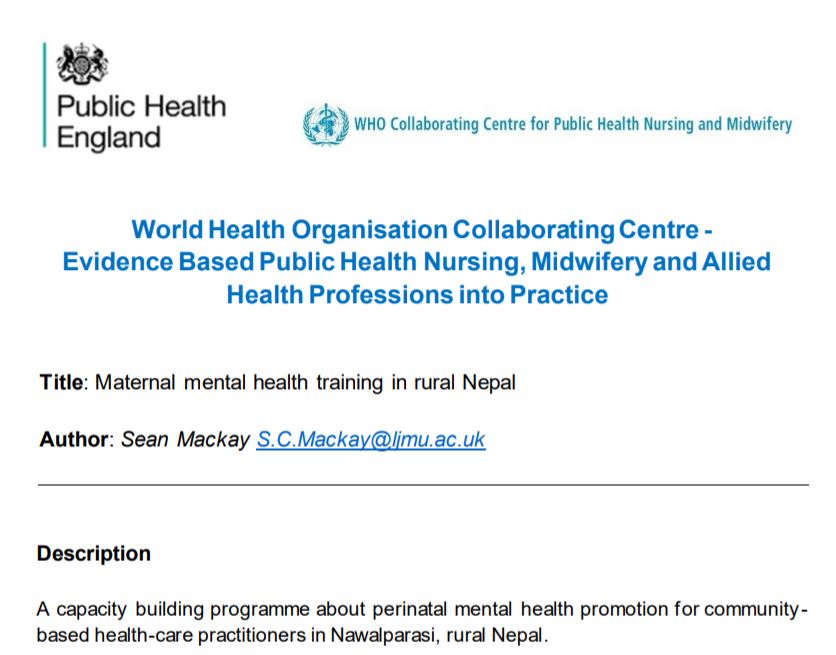
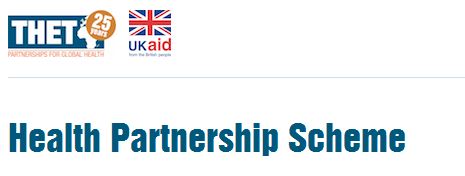
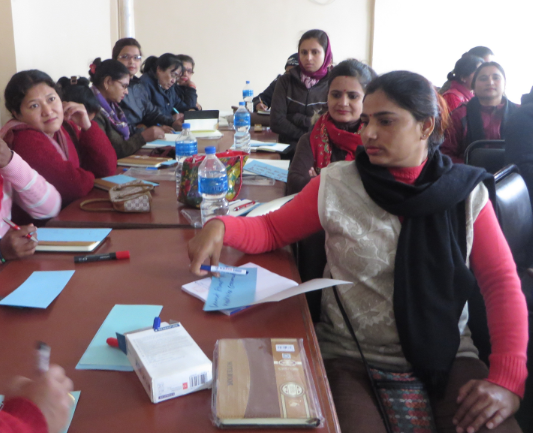
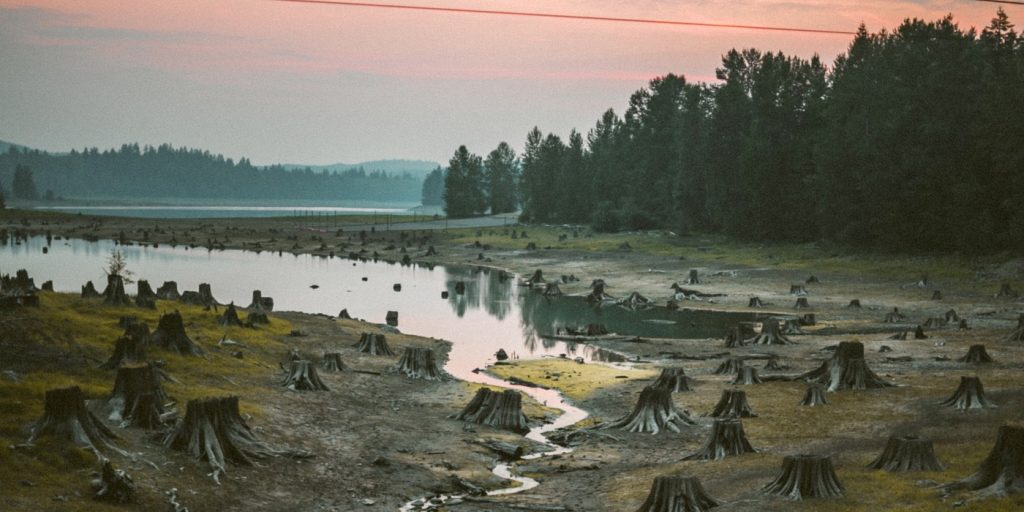

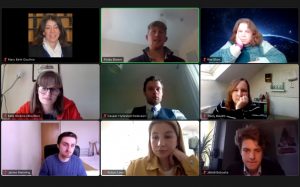
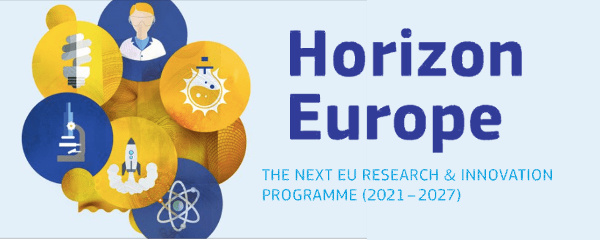 The RDS Funding Development Briefings occur weekly, on a Wednesday at 12 noon.
The RDS Funding Development Briefings occur weekly, on a Wednesday at 12 noon.
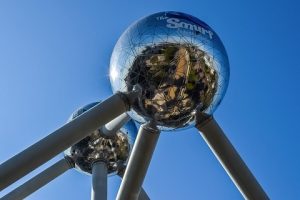 On Wednesday, 12 May 2021 from 11.30 to 1pm, RDS will be hosting Virtual AT STEAMlab (Science/Tech/Engineering/Arts/Maths lab) event under the strategic investment area (SIA) of Assistive Technology (AT). It will be the second of a series of up to 2-hour long virtual STEAMlabs to be held in the course of 2021.
On Wednesday, 12 May 2021 from 11.30 to 1pm, RDS will be hosting Virtual AT STEAMlab (Science/Tech/Engineering/Arts/Maths lab) event under the strategic investment area (SIA) of Assistive Technology (AT). It will be the second of a series of up to 2-hour long virtual STEAMlabs to be held in the course of 2021.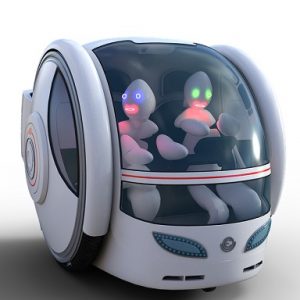 We’re seeking to come up with highly innovative and urgently required research which is ambitious in scope and will require a high level of expertise, commitment and funding. The research must address challenges in the AT field.
We’re seeking to come up with highly innovative and urgently required research which is ambitious in scope and will require a high level of expertise, commitment and funding. The research must address challenges in the AT field. Your project idea may be “oven-ready”, but it is more likely than not that, given the level of pioneering innovation sought, you/your group’s project idea/s will require some time to crystallise fully, and for the optimum partners to be found for the building a winning consortium, and bringing to fruition a fully-fledged grant application. To this end, it is envisaged that you and your potential collaborators will be committed to meeting on a regular basis, with a firm timetable.
Your project idea may be “oven-ready”, but it is more likely than not that, given the level of pioneering innovation sought, you/your group’s project idea/s will require some time to crystallise fully, and for the optimum partners to be found for the building a winning consortium, and bringing to fruition a fully-fledged grant application. To this end, it is envisaged that you and your potential collaborators will be committed to meeting on a regular basis, with a firm timetable. Focused Symposium – Technology in Physiotherapy Education – Global Perspectives
Focused Symposium – Technology in Physiotherapy Education – Global Perspectives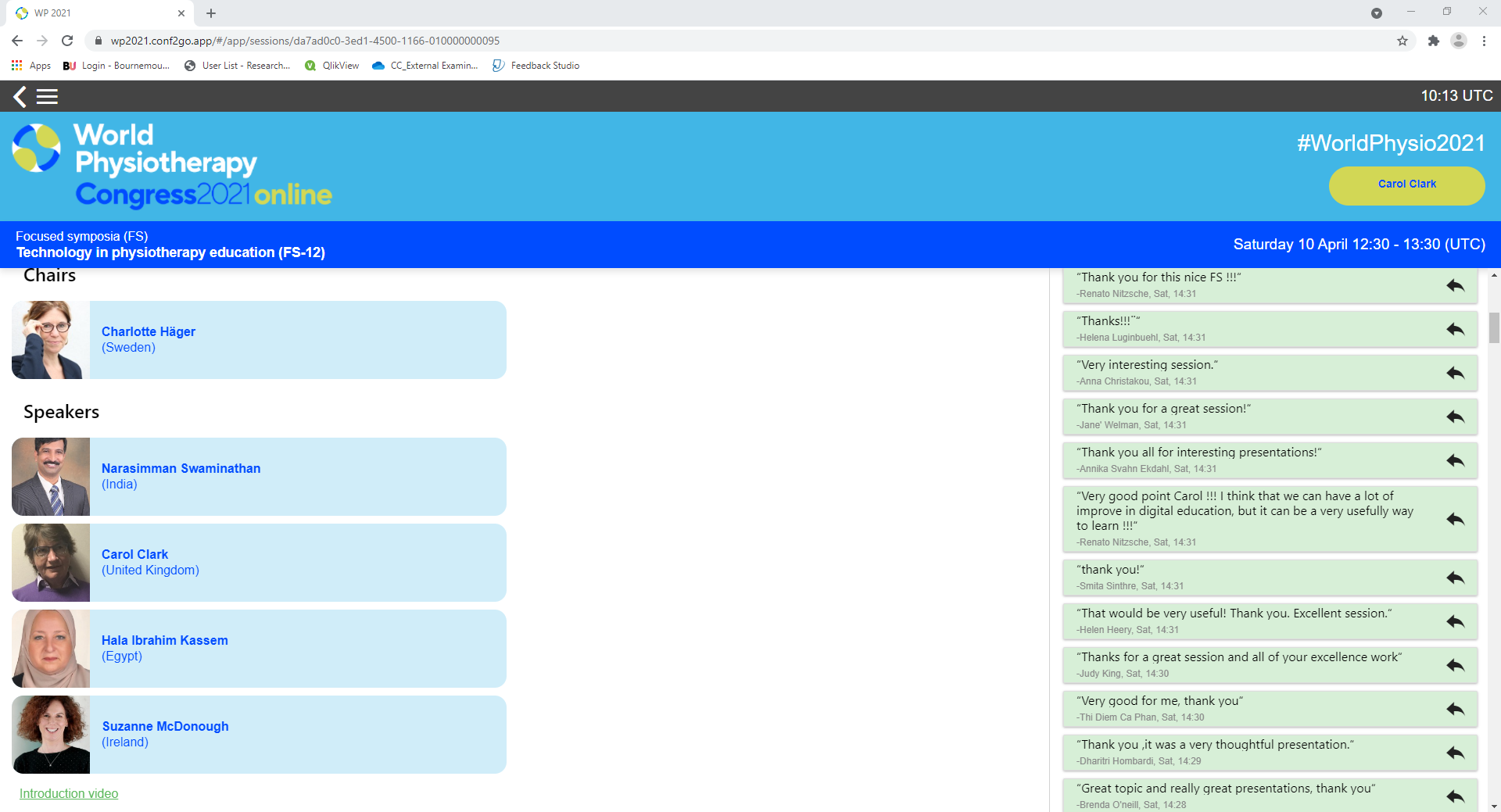












 TANGERINE project has lift off with BPC Indian Community!
TANGERINE project has lift off with BPC Indian Community! Postgraduate Research Experience Survey (PRES) 2024 – Closing today
Postgraduate Research Experience Survey (PRES) 2024 – Closing today THE INNOVATION COMMON ROOM: Going Old School
THE INNOVATION COMMON ROOM: Going Old School Apply for up to £1,000 to deliver an event and take part in a national festival of public engagement with research
Apply for up to £1,000 to deliver an event and take part in a national festival of public engagement with research MSCA Postdoctoral Fellowships 2024
MSCA Postdoctoral Fellowships 2024 Horizon Europe News – December 2023
Horizon Europe News – December 2023